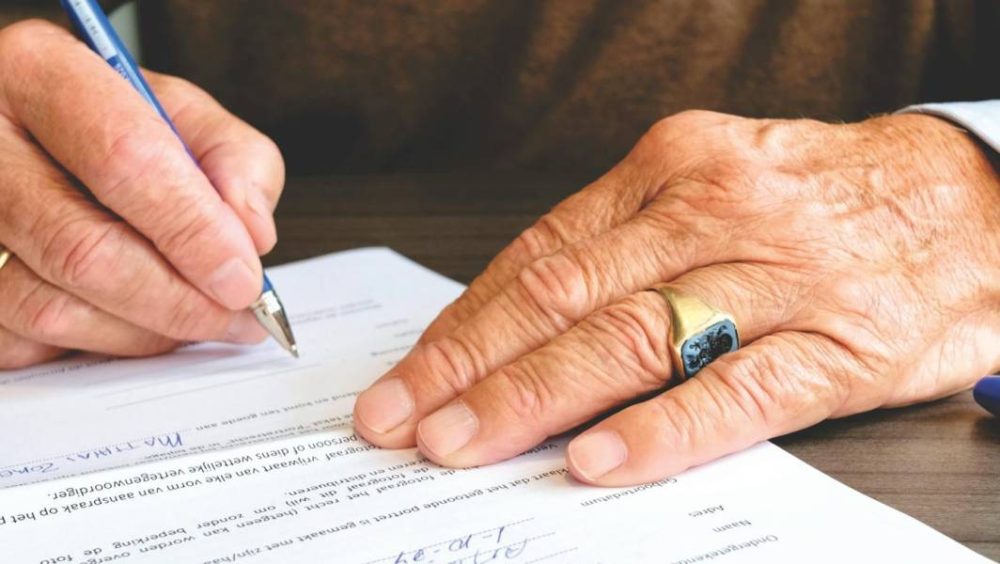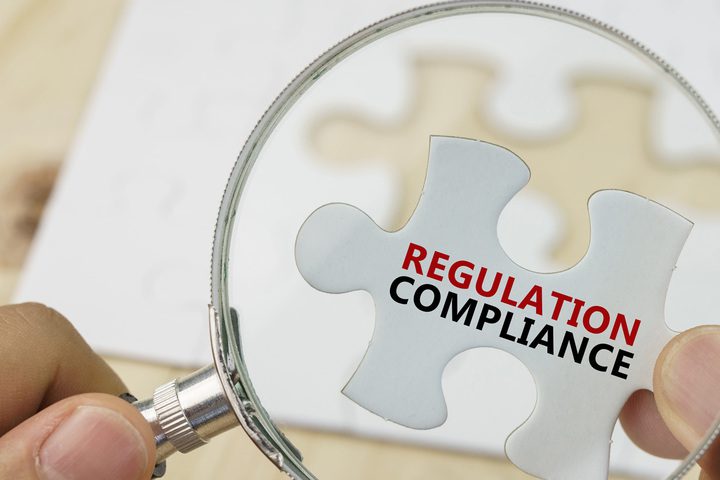It can be challenging to move forward when your loved one passes. However, you may need to take care of some things, such as the estate left behind by your loved one. Having proper knowledge of the probate process is a good idea in these instances. This article delves into the intricacies of the probate process and how you can handle estate matters with care.

Probate in Brief
When your loved one passes on, he may have specific wishes on how you should distribute his estate among the beneficiaries he indicated in his last will. The legal process for this is probate. However, it is not limited to distributing the deceased’s assets; it also encompasses payments for debts and taxes. A reputable probate lawyer in Detroit, MI, suggests getting legal support for this to ensure that you carry out the process effectively. This is because of the intricacies involved in estate matters and the probate process, so navigating through it without the help of a reliable legal advocate by your side can be challenging.
For instance, the process may typically begin with filing a petition to the court and appointing an executor. The petition will open the process, and the court will assign an executor to oversee the process. Then, the executor should notify the beneficiaries that a probate process was opened. From there, all the deceased’s assets will be gathered and appraised, and debts and taxes will need to be paid. This should all commence before the assets are distributed to the beneficiaries.
Consultation and Assessment
A consultation and assessment process must commence before even filing a petition to open a probate process. The executor will lead the assessment of the complexity of the deceased’s estate during the initial consultation. He may also gather all relevant documents to ensure that these are prepared for probate proceedings. During this consultation and assessment phase, the executor will also outline and discuss the goals and priorities of the probate process.
Executor Responsibilities and Duties
As previously mentioned, the court-appointed executor oversees the entire probate process. This means they are responsible for filing the petition to open the probate process and notifying the relevant parties. The executor should also lead the process of creating an inventory of the deceased’s assets, appraising them accordingly. From there, an executor should manage the estate, which may involve safeguarding the assets, collecting income, paying bills, and maintaining the property until the assets are rightfully distributed to the beneficiaries.
An executor is also responsible for resolving disputes that may arise during the probate process. This may encompass negotiating settlements with creditors. As soon as everything is settled, the executor will lead the distribution of the assets, preparing and filing the necessary reports before closing the process. The executor is also responsible for communicating with relevant parties involved in the probate case. The role of an executor is complex and challenging, which is why they may need to seek advice from a legal advocate to ensure they can fulfill their duties properly.
Probate Administration
The probate process involves a lot of paperwork. Consider acquiring probate administration services to help you with all the documents and reports you need to collate and file. Opt for probate admin services encompassing court representation in hearings or proceedings as necessary. They will also likely coordinate asset valuation, inventory, and distribution. While you may need to pay a certain sum for probate administration services, you can have peace of mind knowing a considerable responsibility is lifted off your shoulders because they can handle the probate process efficiently.
- Estate Debts: The probate process also involves resolving estate debts. This means that you need to identify the creditors or your deceased loved one. From there, you need to handle negotiations regarding the settlement of your loved one’s outstanding debts or claims against the estate. This is where a reliable legal advocate’s services can prove beneficial. They will be able to guide you through the negotiation process and ensure that you are getting a fair share of the deal. They will also ensure that you are compliant with state laws when it comes to creditor claims.
- Asset Distribution: As soon as the debts and claims against the estate are settled, you can proceed with the distribution of the assets of your deceased loved one. You will need to refer to the last will of your loved one to commence this phase of the probate process. If there are any disputes among the heirs or beneficiaries listed in the will, consult a legal professional specializing in probate law to be guided on the proper resolution of the matter. Take note that when distributing the assets of your loved one, you need to ensure that the transfer of ownership is handled correctly and with the proper documents.
- Tax Considerations: Part of the probate process administration is the taxes that you must settle. Consulting a legal expert is an excellent idea to minimize any tax liabilities. You may also need their assistance to file estate tax returns and obtain the required tax clearances, which are required to facilitate asset distribution. The legal advocate may refer you to a tax professional who can handle this.
- Closing: Closing the probate process entails rigorous document preparation, including the final accounting reports outlining the asset values, expenses incurred, and distribution. The beneficiaries will need to review these documents so the court can approve them accordingly. Only after court approval will the executor be able to facilitate the closing of the probate process. Even after the probate process is closed, the beneficiaries may still need support regarding post-probate matters such as trust administration and estate planning. In this case, keeping in touch with a legal advocate specializing in the probate process is still beneficial to ensure that these matters are handled appropriately.

You must handle estate matters with care to ensure that the wishes of your loved one are carried out upon their passing. This means understanding the probate process well to ensure you administer it effectively. This way, you can resolve any disputes accordingly or, better yet, completely mitigate these.
HedgeThink.com is the fund industry’s leading news, research and analysis source for individual and institutional accredited investors and professionals









































